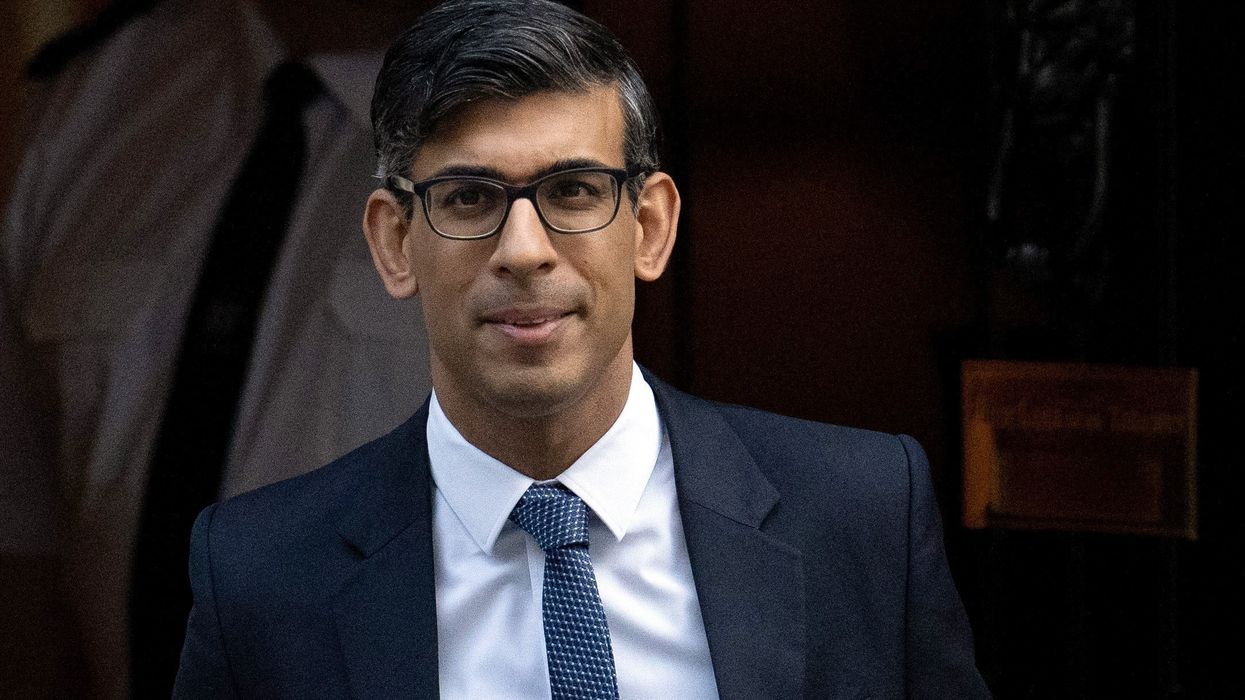Prime Minister Rishi Sunak has said he is “committed” to reducing legal migration into the UK although he did not set any target for his government.
The annual net migration into Britain was 226,000 in 2019 which Sunak’s predecessor Boris Johnson pledged to reduce. But the figure is expected to touch the 700,000 level when fresh data will be released later this month.
However, the prime minister insisted that his government’s top priority was to tackle illegal immigration, a key promise in the election manifesto of the Conservative party.
“We are committed to bringing down legal migration as well,” Sunak told reporters on his way to the G7 summit in Japan on Wednesday (17).
“I do think most people’s number one priority when it comes to migration is illegal migration, that is crystal clear to me”, he said.
“When it comes to legal migration, the key thing for people to know is we’re in control of why people are here, the circumstances and the terms on which they are here, making sure they contribute to public services like the NHS for example.”
“Those are all part now part of our migration system and they weren’t before.”
But Sunak’s cabinet colleagues appear to have divergent views on immigration. Chancellor of Exchequer Jeremy Hunt has argued that foreign labour is a solution to the shortage of workers British industries are facing.
He said the UK should be “pragmatic” about its immigration requirements and suggested that more sectors could be added to the shortage occupation list to enable businesses to “find the labour they need”.
“We will, at the margins, always be pragmatic. For example, we put care homes on the shortage occupation list, some construction industry sectors and we will keep talking to all of you where there are short-term challenges,” Hunt told the annual conference of the British Chamber of Commerce.
Contrary to his view, home secretary Suella Braverman advocates training local people to address the labour crisis.
“There is no good reason why we can’t train enough truck drivers, butchers, fruit pickers, builders or welders”, Braverman said at the National Conservatism conference in London on Monday (15).
However, Levelling Up Secretary Michael Gove denied there were differences within the government and asserted that his colleagues agreed on the need to reduce migration.
“I haven’t heard any dissent from any of my colleagues about the need to bring migration down and the need to deal with illegal migration,” Gove told the BBC on Wednesday.
Committed to reducing legal immigration into UK: Sunak
The annual net migration into Britain was 226,000 in 2019 which Sunak's predecessor Boris Johnson pledged to reduce




